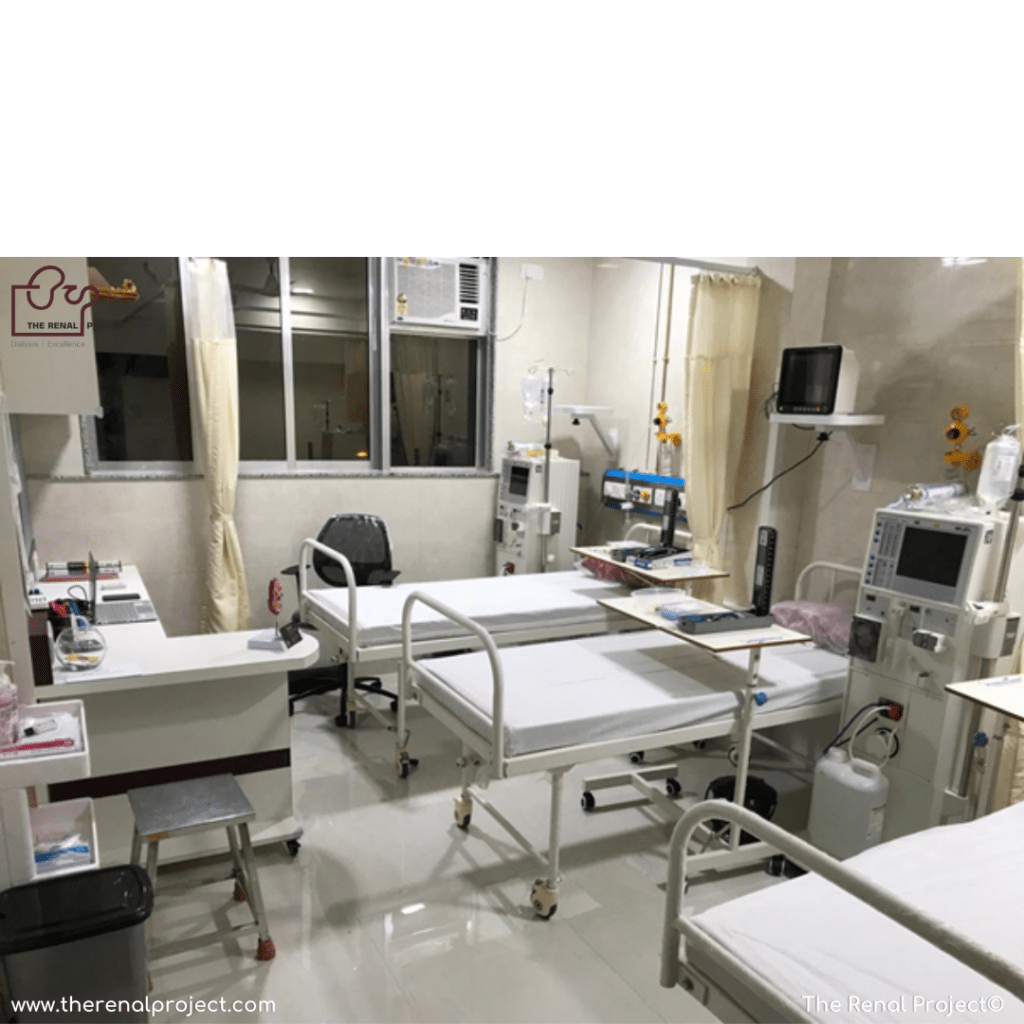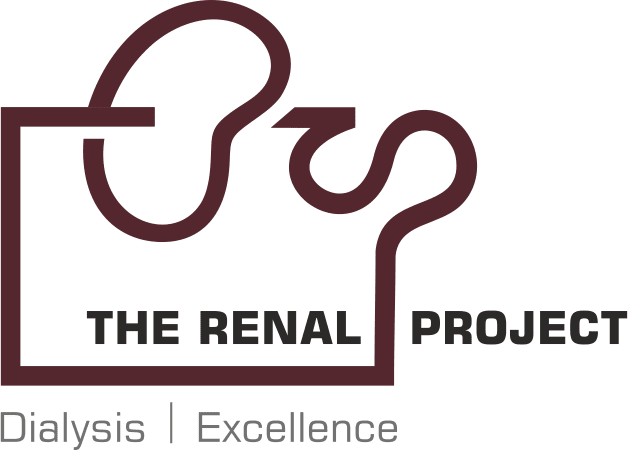Tackling Chronic Kidney Disease (CKD)

Chronic Kidney Disease, you say? The Renal Project™ brings you some vital information on Chronic Kidney Disease Treatment…The what, the why and the how of it.
Chronic kidney disease (CKD) is the gradual loss of kidney function which causes lasting damage to the kidneys that can get worse over time. If the damage is extreme, the kidneys may stop working. This is called kidney failure, or end-stage renal disease (ESRD). When kidneys fail or stop functioning, dialysis or a kidney transplant is needed as method/s of chronic kidney disease treatment, in order to survive. Kidneys are responsible for filtering wastes and excess fluids from the blood, which are then excreted in urine. When chronic kidney disease reaches an advanced stage, dangerous levels of fluid, electrolytes and wastes can build up in the body. This kind of a build-up of wastes to high levels make one feel sick constantly. It may also lead to a variety of complications like high blood pressure, anaemia (low blood count), weak bones, poor nutritional health and nerve damage. Not just that! If not tended to kidney disease also increases risk of having heart and blood vessel disease. CKD could stem from diabetes, high blood pressure and other disorders and hence needs a wholistic well-being in order to be avoided. Its early detection and treatment often helps keep chronic kidney disease from getting worse. If left neglected, kidney disease progresses to kidney failure, which requires dialysis or a kidney transplant to sustain life, as mentioned earlier.
How will you know that you have CKD in order to prevent it in time and save the effort for chronic kidney disease treatment? Some common symptoms include itching, muscle cramps, nausea and vomiting, lack of hunger, swollen feet and ankles, excessive or unnaturally less urination, breathlessness and/or sleeping issues. If unable to detect in time the kidneys may stop functioning suddenly called acute kidney failure, under which circumstance the noticeable symptoms include abdominal (belly) and back pain, diarrhoea, fever, nosebleeds, rash/es and/or vomiting.
The only ways to know about the level of functioning of kidneys and whether you require chronic kidney disease treatment is to get tested for some renal specific tests like the eGFR (estimated glomerular filtration rate) test which is a blood test to estimate the level of creatinine in the blood. Creatinine is a type of waste which the body produces and releases into the blood thereafter getting filtered out by the kidneys. A high level of creatinine in blood, signs that the kidneys are having trouble filtering blood. If the eGFR is < 60 for 3 months/more, it indicates a kidney disease. Another test a potential kidney patient may be asked for is a simple urine test to see if there is blood or protein in the urine which could be a sign that the kidneys are not working efficiently. Another simple test indicative of kidney disease could eb a Blood Pressure (BP) Test which indicates how hard the heart has to work to pump blood. A high BP can cause kidney disease, but kidney disease can also cause high BP. A normal blood pressure is less than 120/80 (120 over 80).
To a huge extent the chronic kidney disease treatment depends on the stage of CKD. In some cases, when detected at an early stage, the symptoms may be reversible however if it remains undetected till a later stage the damage caused to the kidneys by CKD is usually permanent and irreversible. It can be tried to keep the kidneys as healthy as possible for as long as possible and prevent further damage. Possible ways to do that would include controlling the blood sugar in case of diabetes, keeping blood pressure under control, following a low-salt and low-fat diet, exercising at least 30 minutes on most days of the week, maintaining a healthy weight, avoiding smoking or using tobacco, preventing/limiting alcohol usage. Prescribed medicines alongside all forms of precaution can help enhance efficiency of chronic kidney disease treatment. For cases of end-stage chronic kidney disease treatment, the usual procedures include kidney dialysis and kidney transplant. In case of the dialysis as a method of end-stage chronic kidney disease treatment, the procedure artificially removes waste products and extra fluid from the blood when the kidneys can no longer do it. In hemodialysis, a machine filters waste and excess fluids fromhthe blood. In peritoneal dialysis, a thin tube (catheter) inserted into the abdomen fills the abdominal cavity with a dialysis solution that absorbs waste and excess fluids. After a period of time, the dialysis solution drains from your body, carrying the waste with it. However, incase of the kidney transplant method of chronic kidney disease treatment, a healthy kidney from a donor is surgically placed into the recipient’s body. Transplanted kidneys can come from deceased or living donors. Prescribed medications will be a must for the rest of the life to prevent the body from rejecting replacement organ. Dialysis is not required to have a kidney transplant.

Add a Comment